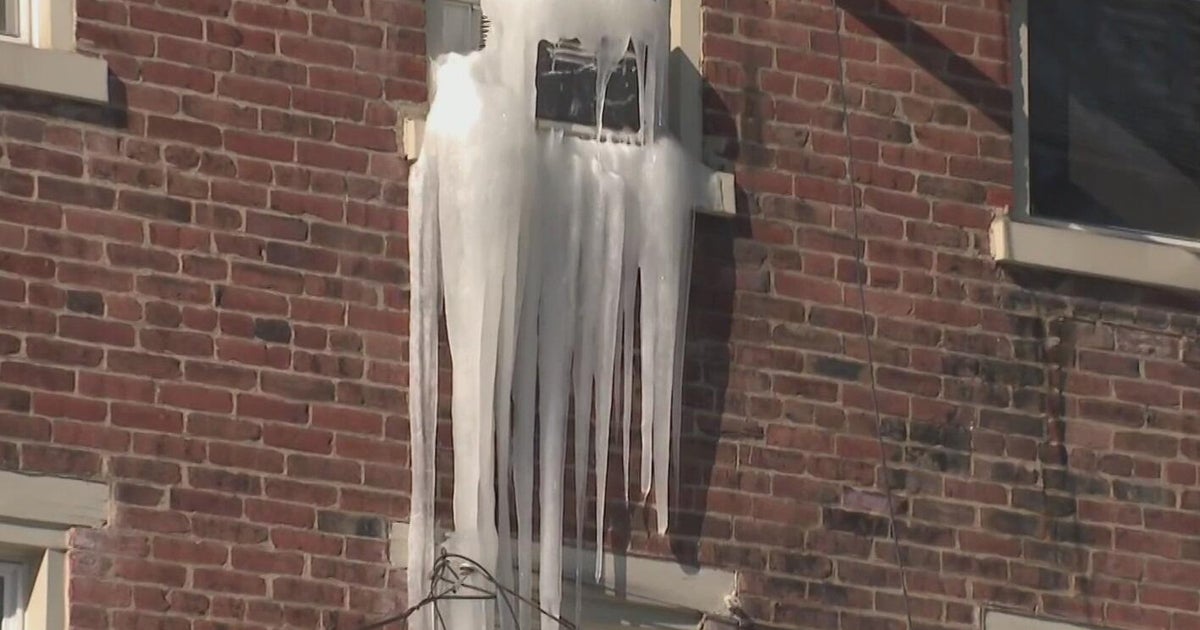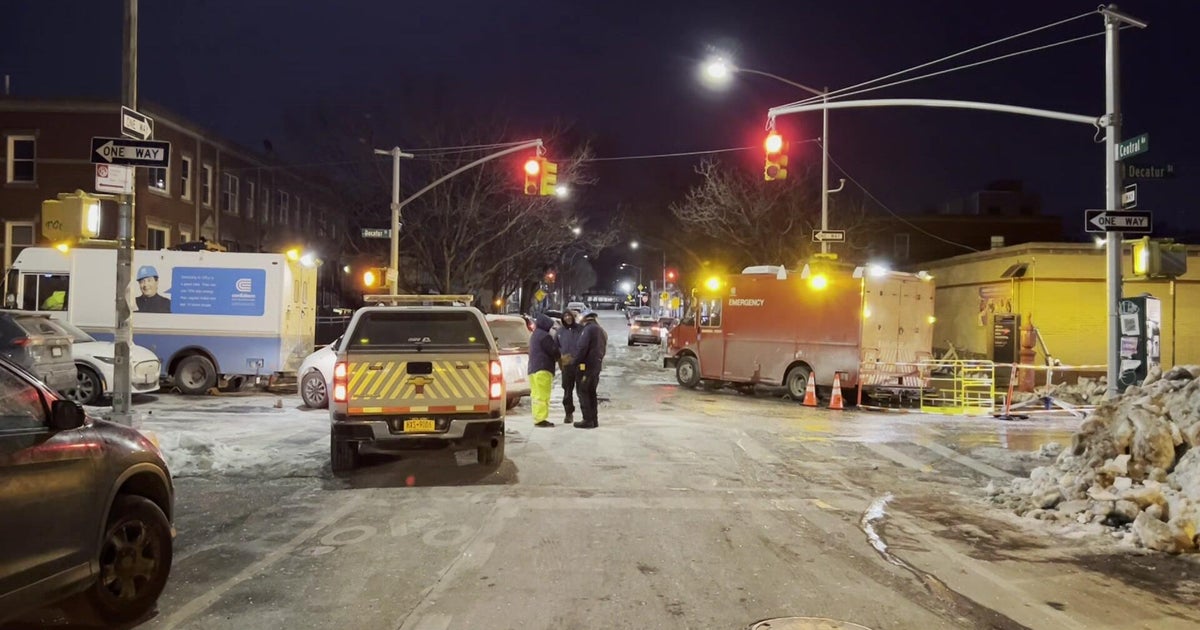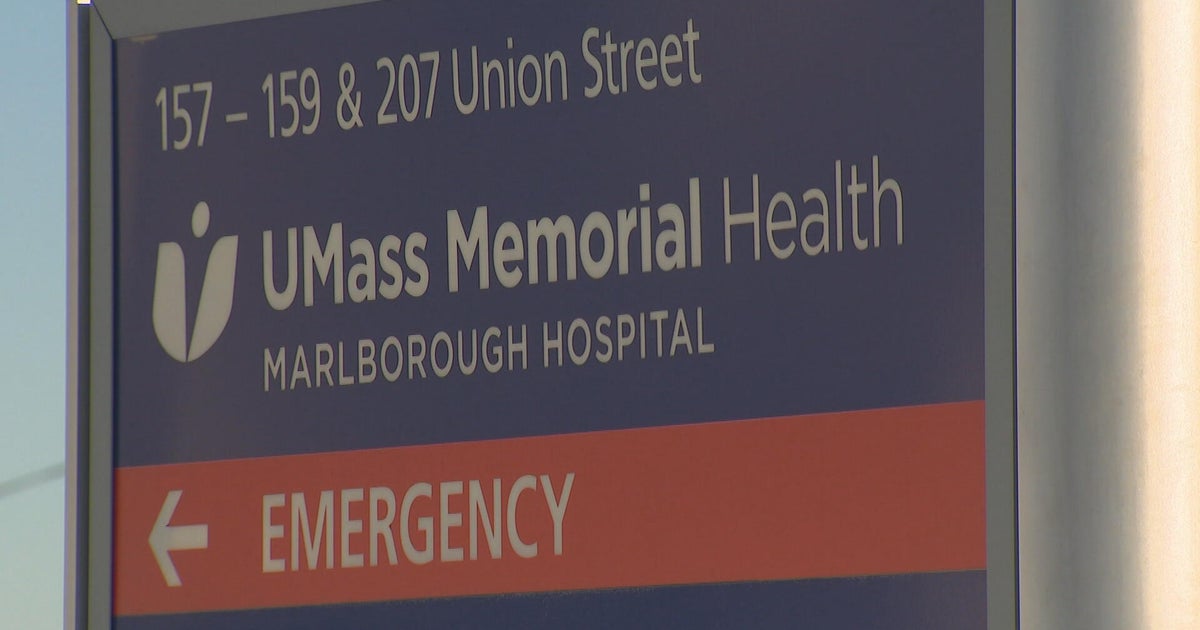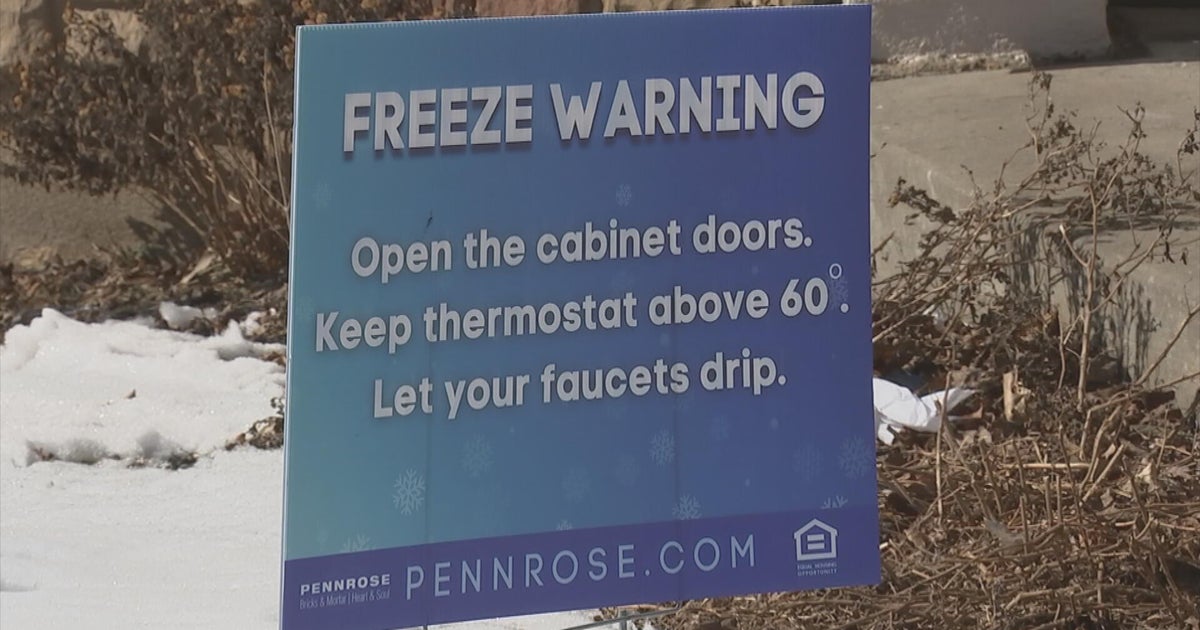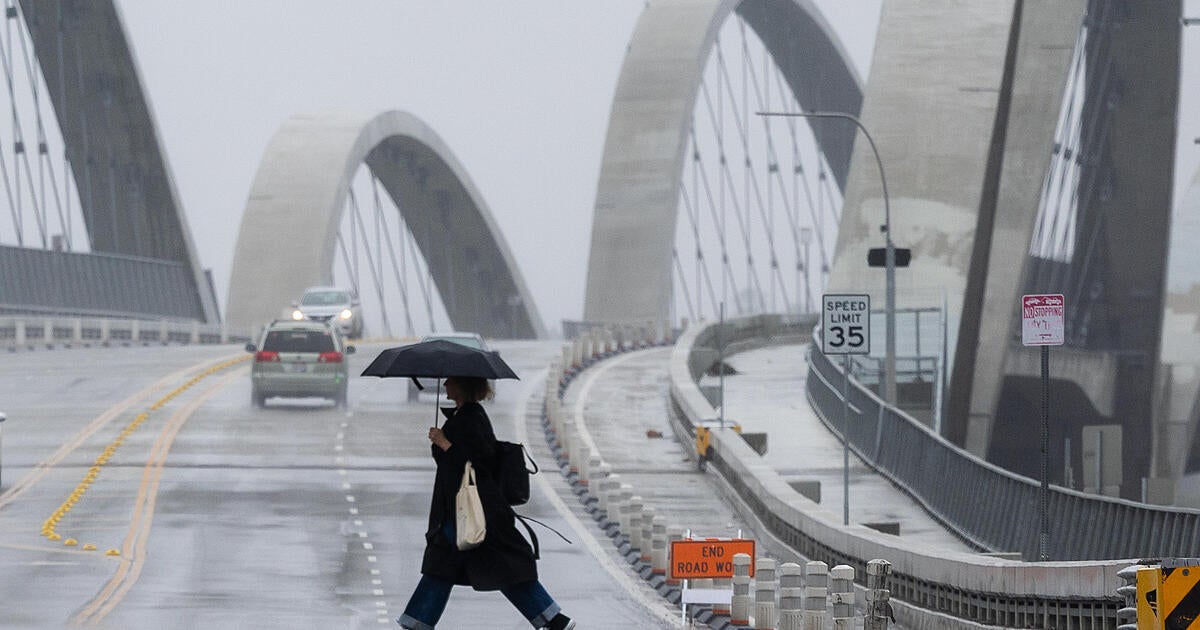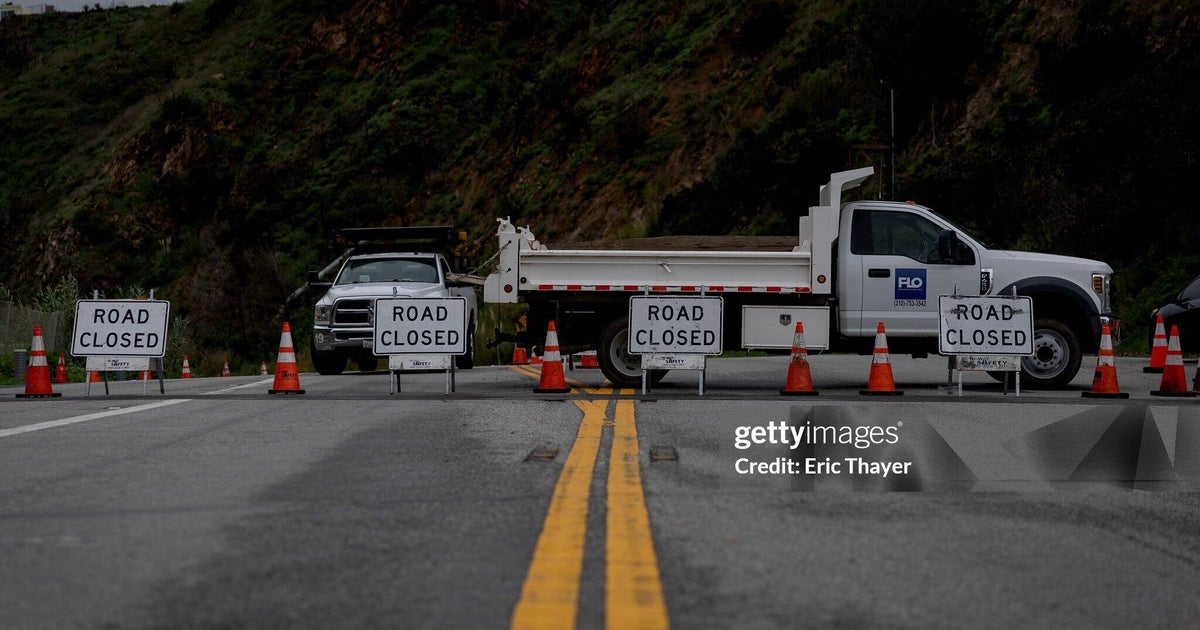Heat Wave Drives Up Crowds, Strains California's Power Grid
SAN FRANCISCO (AP) — Californians packed beaches, lakes, and recreation areas Sunday to seek relief from a record heatwave that strained the electricity grid and threatened to trigger a third round of rolling power outages.
The heatwave that began Friday brought triple-digit temperatures and increased wildfire danger and fears of coronavirus spread — a major concern in a state that has seen more than 621,000 confirmed cases. Public health officers urged people to follow mask and social distancing orders if they head outdoors.
However, residents complained masks and social distancing were often absent when hordes of visitors crowded into beaches along the Russian River in Northern California on Saturday. They expected another wave of visitors Sunday.
Get the app: Download the CBS Sacramento News app for iOS and Android
"It's always been busy in the summer," Adam Venn, who has lived there for 13 years, told the Press-Democrat of Santa Rosa. "Now it's pretty out of control."
Park officials there reduced capacity at two beaches by about 30% ahead of the weekend heatwave. Meanwhile, towns on the Monterey Peninsula, south of San Francisco, either limited beach access or closed beaches altogether to keep visitors away.
The hot weather overwhelmed the state's electrical grid, prompting the California Independent System Operator, which runs the grid, to warn of an electricity supply shortage by Sunday evening.
California ISO sought to buy additional power to avert another rolling outage and issued a Flex Alert, urging utility customers to conserve energy during the late afternoon and evening hours.
"It's going to be tight today," said Severin Borenstein, a board member of the ISO and energy economist at the University of California, Berkeley.
"There is a real concern that they would have to do it again tomorrow and Tuesday," he said about the rolling outages.
California ISO ordered the first rolling outages in nearly 20 years on Friday when it directed utilities around the state to shed their power loads. The state's three biggest utilities — Pacific Gas & Electric, Southern California Edison and San Diego Gas and Electric — turned off power to more than 410,000 homes and businesses for about an hour at a time until the emergency declaration ended 3 1/2 hours later.
The ISO instituted a second, but shorter, rolling outage Saturday evening.
The power grid is mostly stressed during the late afternoon and early evening because of higher demand and solar energy production falling after the sunsets.
California increasingly relies on energy from renewable sources instead of natural gas-fired plants. During the summer months, the state imports power when demand goes up, but a heatwave sweeping Western states meant there was less available, Borenstein said.
"They are literally calling as well as emailing and saying, 'Do you have any power to sell us to everyone in the West,'" he said. "But they can't force the other areas to sell their electricity when those other areas need it for themselves."
The last time the state ordered rolling outages was during an energy crisis in 2001. Blackouts occurred several times from January to May, including one that affected more than 1.5 million customers. The cause was a combination of energy shortages and market manipulation by energy wholesalers, infamously including Enron Corp., that drove up prices by withholding supplies.
